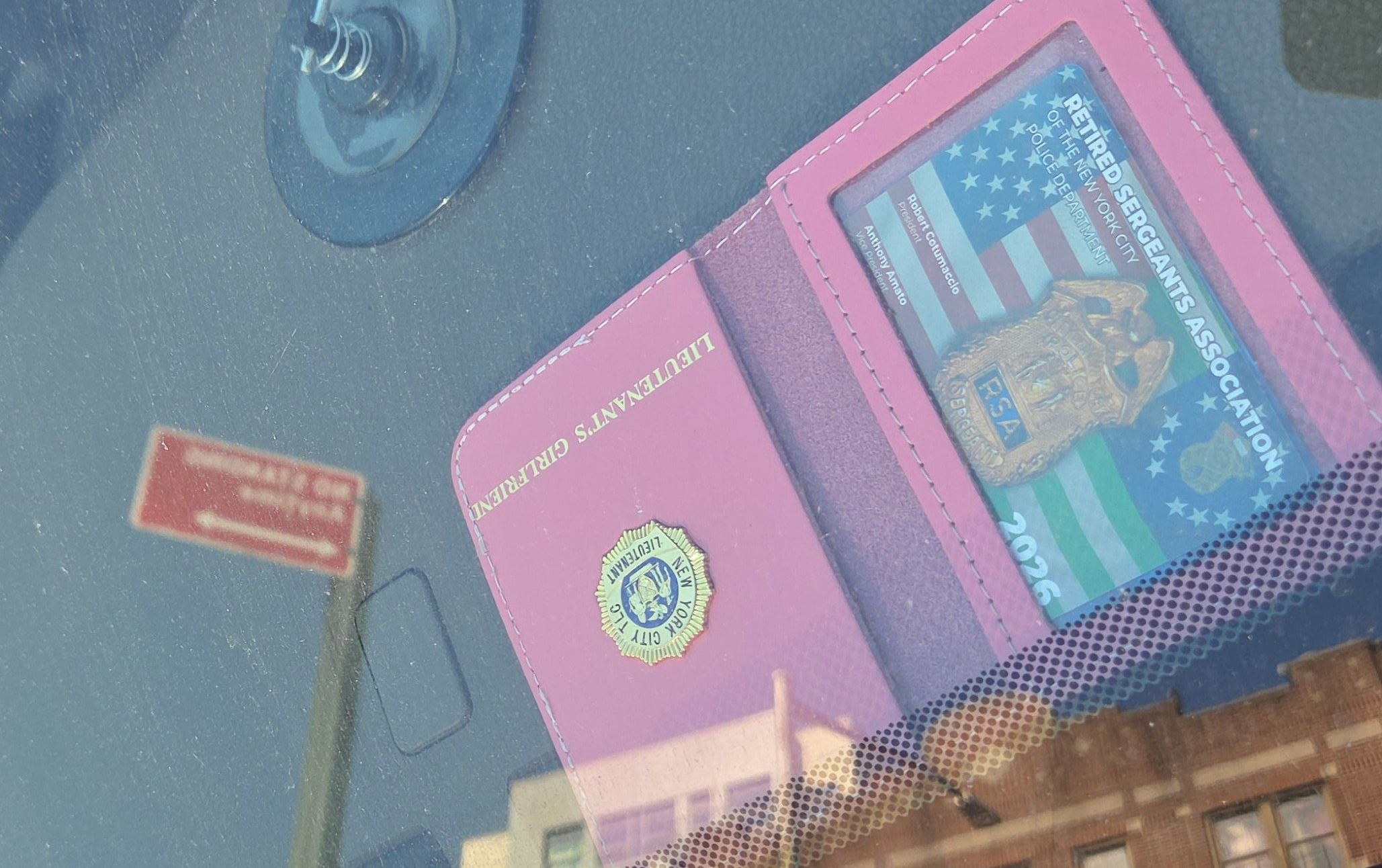Brooklyn Supreme Court Judge Bert Bunyan rendered no decision today on the lawsuit filed by opponents of the Prospect Park West bike lane against the City of New York and Transportation Commissioner Janette Sadik-Khan. Bunyan adjourned the case until July 20 after the plaintiffs asked for time to review documents they recently obtained via a freedom of information request from Council Member Brad Lander's office.
The plaintiffs are also asking for Judge Bunyan to grant discovery, which would permit them to depose people under oath. That could turn into another round of media spectacle for the case, but discovery is rarely granted in this type of legal proceeding, known as an Article 78.
From a legal perspective, the question of whether the PPW bike lane was a "trial" project has now become central to the case. Before the opponents can make their argument that DOT acted in an "arbitrary and capricious" manner by installing a bike lane that was requested and approved by the local community board, they have to demonstrate that the PPW redesign was a trial project installed on an interim basis. Otherwise, the case can be dismissed because the plaintiffs sued eight months after the lane was installed, and the statute of limitations to file such a suit expires four months after the completion of a permanent project.
DOT says the agency always presented the PPW project as a permanent redesign. In an affidavit [PDF] submitted with the city's legal brief, bike and pedestrian program director Joshua Benson testified that he did not recall any DOT staff stating that the PPW bike lane was a trial project. He also pointed out that several DOT projects are identified as pilots or trials -- examples include the Times Square pedestrian plazas and the expansion of pedestrian zones on Allen and Pike Streets -- and that the PPW project was never designated as anything of the sort.
The plaintiffs' attorney, Jim Walden, hopes to use the documents obtained from Lander's office to advance his argument that DOT said the bike lane was a trial project. At an open house on the bike lane in April, 2010, Lander told Streetsblog that "if we're wrong in big ways" about the bike lane's effect on safety and traffic, "we'll have to reconsider."
In his affidavit, Benson says he publicly corrected the "trial project" perception when it surfaced at a CB 6 transportation committee meeting later that month. Since DOT was the implementing agency and the plaintiffs are suing the city, not the City Council, it's hard to see how the Lander documents will be relevant.
From a media perspective, it will be interesting to see whether NBBL and their PR firm are able to insert any material from the Lander FOIL in the press. So far they've been quite skillful at getting their point of view regurgitated by the media.





